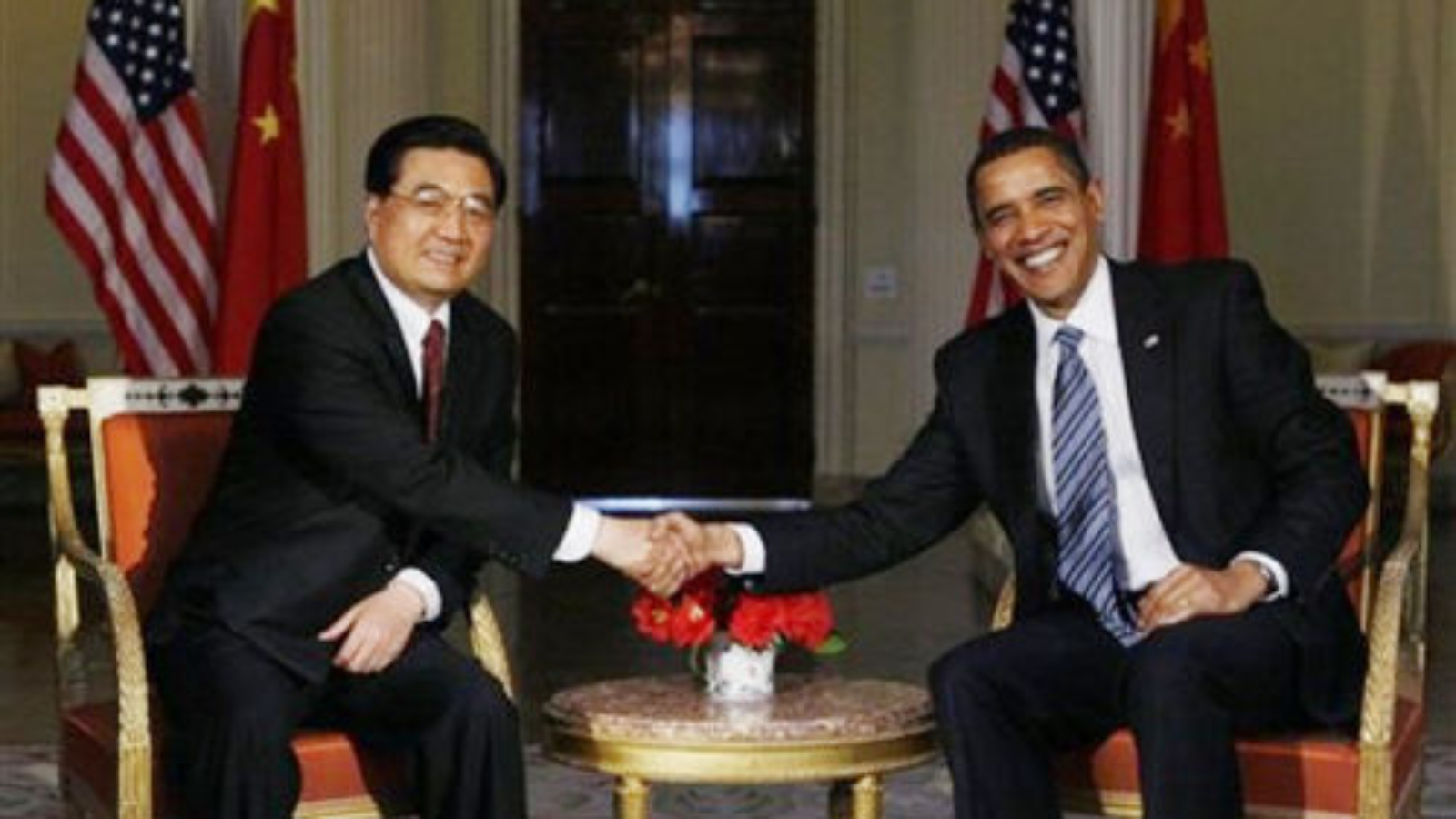By Kenneth Weisbrode
In a recent Op-Ed in the New York Times, former National Security Advisor Zbigniew Brzezinski made a constructive point about next week’s meeting between Chinese Premier Hu Jintao and President Barack Obama in Washington. Brzezinski suggested that the parties issue a joint declaration of principles for Sino-American cooperation. Such a declaration, Brzezinski wrote, “should acknowledge frankly the reality of some disagreements as well as register a shared determination to seek ways of narrowing the ranges of such disagreements. It should also take note of potential threats to security in areas of mutual concern, and commit both sides to enhanced consultations and collaboration in coping with them.”
It’s a commendable suggestion. Yet these mutual declarations tend to take a long time – especially when they highlight areas of disagreement. The last major one that people remember is the Shanghai Communiqué of 1972, issued during President Nixon’s famous trip to China. But that declaration was the product of extensive discussions and preparations undertaken over the course of many months, and dealt mainly with moving beyond decades of hostility.
Another potential model would be the Atlantic Charter that Winston Churchill and Franklin Roosevelt hammered out together in a few hours on board a ship off the coast of Newfoundland in 1941. In eight succinct points, the Atlantic Charter skillfully wove together ideals and war aims, based on Woodrow Wilson’s Fourteen Points from the previous war, with a bit of the New Deal thrown in.
Hu and Obama—about as different from Churchill and Roosevelt as one can imagine—will meet in the relatively more peaceful grounds of the White House. Barring any surprises, it’s unlikely they will be able to agree to anything with as much nuance as the Shanghai Communiqué, or something as bold and direct as the Atlantic Charter.
So why not try something a little easier? There are other policies worth reviving — namely the Open Door, with which the Chinese ought to be familiar.
Beginning in 1899, Secretary of State John Hay penned the first of several Open Door notes calling for, among other things, open access to the vast China market and a respect for the territorial integrity of China. However these may have been received in China, Hay’s audience were other European powers, as well as Japan. The notes were mere statements of principle, were not legally binding and had very little force to back them. But they set a precedent by their implicit challenge to any opponents to make a stronger argument, which few did, at least not then.
Why not a new round of Open Door notes, this time applying to the world at large? The United States and its allies around the world would support the idea of open access for China — to markets, technology, ideas, culture — and in return, China would support an open door to Asia for the world in all these areas.
No doubt U.S. and Chinese officials have already said similar things — some would call them platitudes — in dozens of speeches and reports. But these positions have not affected public opinion enough to help form a solid consensus. If Hu and Obama succeed in giving it a name — with or without their imprimatur — the world could not ask for more.
Kenneth Weisbrode is a diplomatic historian. His most recent book is The Atlantic Century.
[Photo courtesy of flickr user rebuildingdemocracy]
